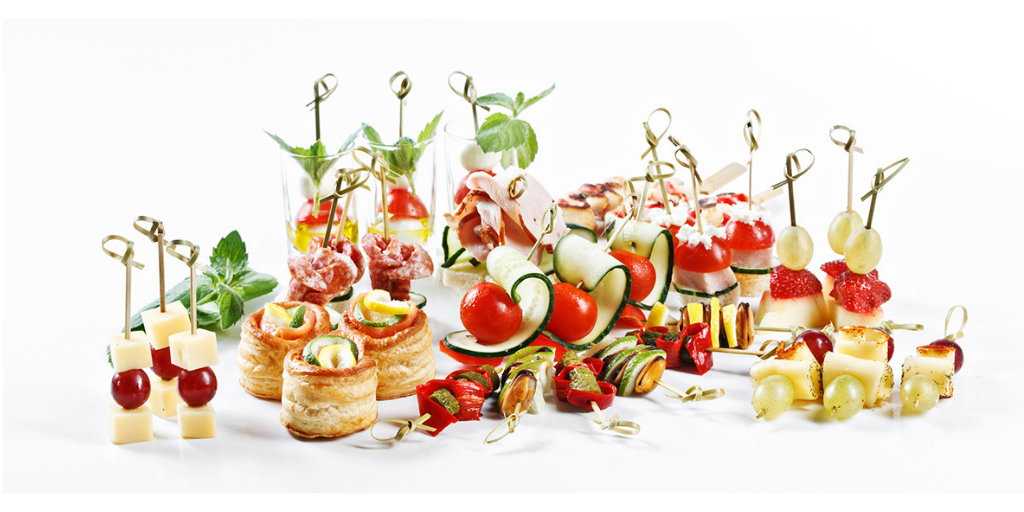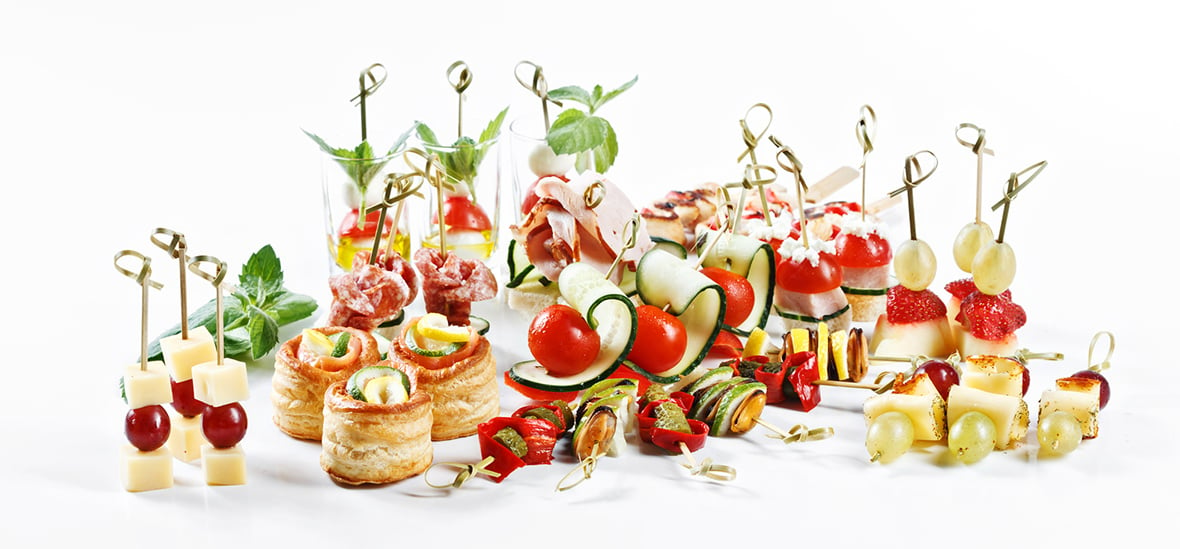
Rose Folsom reflects on what we offer Jesus when he sits down at the “banquet of our heart.”
The mouth speaks from the overflow of the heart. What is in our heart that we serve to Jesus when he knocks, enters, and sits down at table to eat with us?
Venerable Bede (672-735) wrote:
Our Savior attests to this: Behold I stand at the door and knock; if anyone hears my voice and opens the door, I will come in to him and eat with him, and he with me.
He enters so that he might eat with us and we with him. He ever refreshes us by the light of his presence…as we progress in our devotion to and longing for the things of heaven. He himself is delighted by such a pleasing banquet.
Bede reminds us that the Lord knocks and enters to whoever will open the door. Some say that the door that Jesus knocks on, the door of our will, has a handle only on one side—the inside! He will not force Himself in; we must invite Him.
When our will invites Him in, where does He go? Where else would He rest but in our hearts? He enters us bodily in Holy Communion to gain access to our heart, the banquet hall where we eat and drink with Him in friendship.
Even if we succeed in controlling the words we speak, the overflow of our heart is revealed in what we say silently to ourselves, in the deep and most spontaneous movements of our heart. So, it’s worth asking what exactly bubbles up from the depths of our heart when we’re not thinking about it.
After all, the depths of our heart overflow in ways other than words: the expression on our face, the look in our eye, the tone of our voice, and what we are focused on all betray the truth of our heart. It is from these depths that we serve Jesus his banquet when he comes in to eat and drink with us. Are we serving him a meal of sweetness or bitterness? Gratitude or unconfessed regret? Shame or generosity?
Luke 6:45 tells us that from the overflow of our heart the mouth speaks. So, what is in our heart matters! But how do we really know what’s in there? A good way to discover that is to ask: when we speak to ourselves silently, what is the monologue? What do we say to ourselves from the overflow of our heart? Are the words in our heart encouraging or critical? Worried? Hopeful? Grateful? Anxious? Full of regret? Forgiving? Critical of others?
How can we make the banquet that we offer Him more like the banquet that He offers us? At the end of the litany of the Sacred Heart, we pray, “Jesus, make our hearts like unto thine.” Our hearts in this world will never be completely sinless as our Lord’s is. So what does it mean to have a heart like Jesus?
We can look to Jesus in His moment of greatest human need, on the cross, when He said, “Father, into your hands I commend my spirit.” Being the Wonder Woman of our dreams isn’t what makes us like Jesus. Our perfection in this world means striving with our whole mind, soul, and strength to attain loving dependence on God.
Trust is the banquet — the “rich, juicy meat and choice wine” that most delights Jesus. It’s a conviction in the deepest part of our heart that everything good comes from our union with Him. And that He will guide us every moment, despite our faults, if we open the door every moment to Him, to His own heart, the source of all goodness.

Even Our Lady looked to God for all her holiness. “My soul magnifies the Lord,” she proclaimed. Her only hope was to enter the heart of the Holy Trinity and magnify God’s own goodness. Our constant “Yes,” united with Mary’s “yes,” takes practice! Our sister Eve found that out the hard way.
If we look into the abyss of our own heart we will see tenderness, compassion, generosity, and at the same time worry, anxiety, desire for revenge, and critical thoughts. This sight should send us looking with prayerful trust to our Lord, asking Him to supply our need, to fill up what we lack, and to guide us to the perfection in Him that we need to be able to offer him a banquet worthy of His own Sacred Heart.
“Jesus, King of Mercy, I trust in you.” And as St. Peter so truly said, “Lord, where else shall we go? You have the words of eternal life.”
Copyright 2021 Rose Folsom
Image: Deposit Photos, licensed by author
About the Author

Rose Folsom
Rose is a convert and Lay Dominican whose background as solopreneur and supervisor makes her passionate about helping professionals live virtues like humility and perseverance so they can ditch imposter syndrome and perfectionism while fully living their faith at work. Grab Rose's latest tips for growing in virtue at VirtueConnection.com.


.png?width=1806&height=731&name=CatholicMom_hcfm_logo1_pos_871c_2728c%20(002).png)
Comments